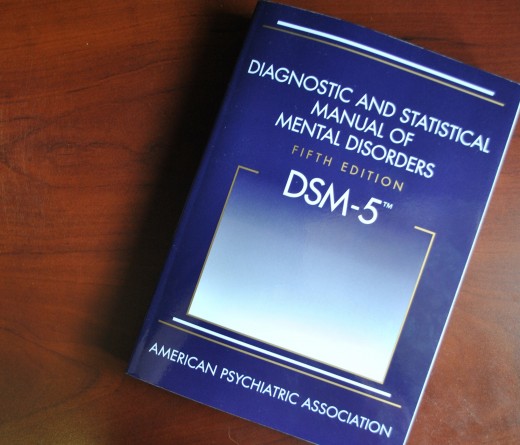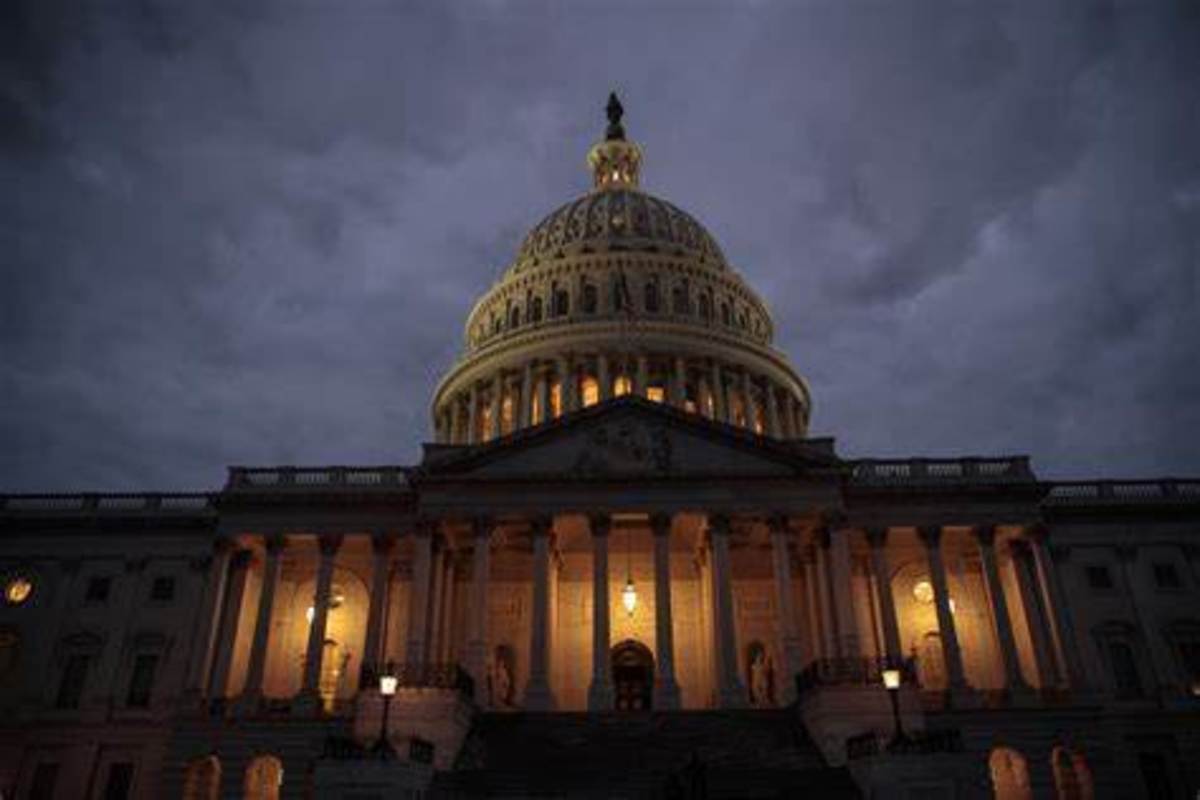Rights and Responsibilities of a Psychologist and Their Client



Mental health professionals are not the only individuals that must follow federal laws concerning a person’s privacy, so most teachers, and counselors in schools and universities. The exact nomenclature for the Family Educational Rights and Privacy Act is Title 20 > Chapter 31> Subchapter III > Part 4 > SS 1232g, but more easily referred to as FERPA (Cornell, 2007).
The entity that rules over FERPA is the Family Policy Compliance Office (FPCO), which belongs to the US Department of Education (Department of Education, 2007). The FPCO is responsible for both FERPA and the Protection of Pupils Rights Admenment (PPRA) (US Department of Education, 2007).
FERPA, which is also commonly referred to as the “Buckley Amendment”, which enables students with particular rights (Andover Newton Theological School, 2005). FERPA also allows parents access to their child’s student records (US Department of Education, 2007). This also allows parents for minors and students over the age of eighteen to challenge the contents of the record, and if that challenge proves undesirable results, to request a hearing (US Department of Education, 2007).
Additionally, if the hearing is dissatisfying, the individual can submit an explanatory note to be included in the record (Washington University, 2007). FERPA also allows the student to file a complaint with the United States Department of Education (US Department of Education, 2007).
There is, however, some information that a school can give out to third parties, which is directory information (US Department of Education, 2007). Directory information includes: name, telephone number, e-mail address, major field of studies, dates of attendance, degrees and awards, full or part-time enrollment status, educational institutions attended, and for athletes: date-of-birth, weight and height (Washington University, 2007, para. 2). Directory information could be published in a local newspaper, newsletter, yearbook, student handbook, or in other various locations (US Department of Education, 2007).
There are a few exceptions when an educational institution can disclose information without the student’s or parent’s permission or notification. These exceptions are located under SS 99.31 (US Department of Education, 2007). This statute states that the educational institution can disclose information if it is to either another school official, another teacher, an institution that has legitimate education interests.
Also, if it is in another school that the student wishes to enroll in, if it is to the Comptroller General of the United States, Attorney General of the United States, the Secretary of the United States, or if it is to determine eligibility or the amount of financial aid (US Department of Education, 2007, p. 11, para 2). All students and parents should be aware of their FERPA rights because educational institutions are required to inform all parents and students (US Department of Education, 2007).
However, the school does not have to tell the individual student or parent directly, but in a way that will reasonably notify him/her (US Department of Education, 2007). If a parent of a college student wishes to see their educational record, they are unable to unless the college student is listed as a dependent for tax purposes, then the parent(s) has full access to their record (US Department of Education, 2007).
Strangely, if a high school student is enrolled in both high school and attending college, if that child is not a dependent on that parent’s taxes, they are unable to receive their child’s educational record (US Department of Education, 2007). The catch is, however, that the parent can ask the child’s high school to receive the grades of the student, and the high school can show that parent (US Department of Education, 2007).
To conclude, the federal government evokes laws and regulations to protect their most important consumer, their citizens. The federal government has secured patients' records from unauthorized third parties as well as making the record obtainable for review by the patient. In addition, the federal government has protected the student’s records from individuals (such as unauthorized parents) and institutions who have no right to view them. Even though the government has strict and tedious laws, they are there to protect this country’s citizens.








